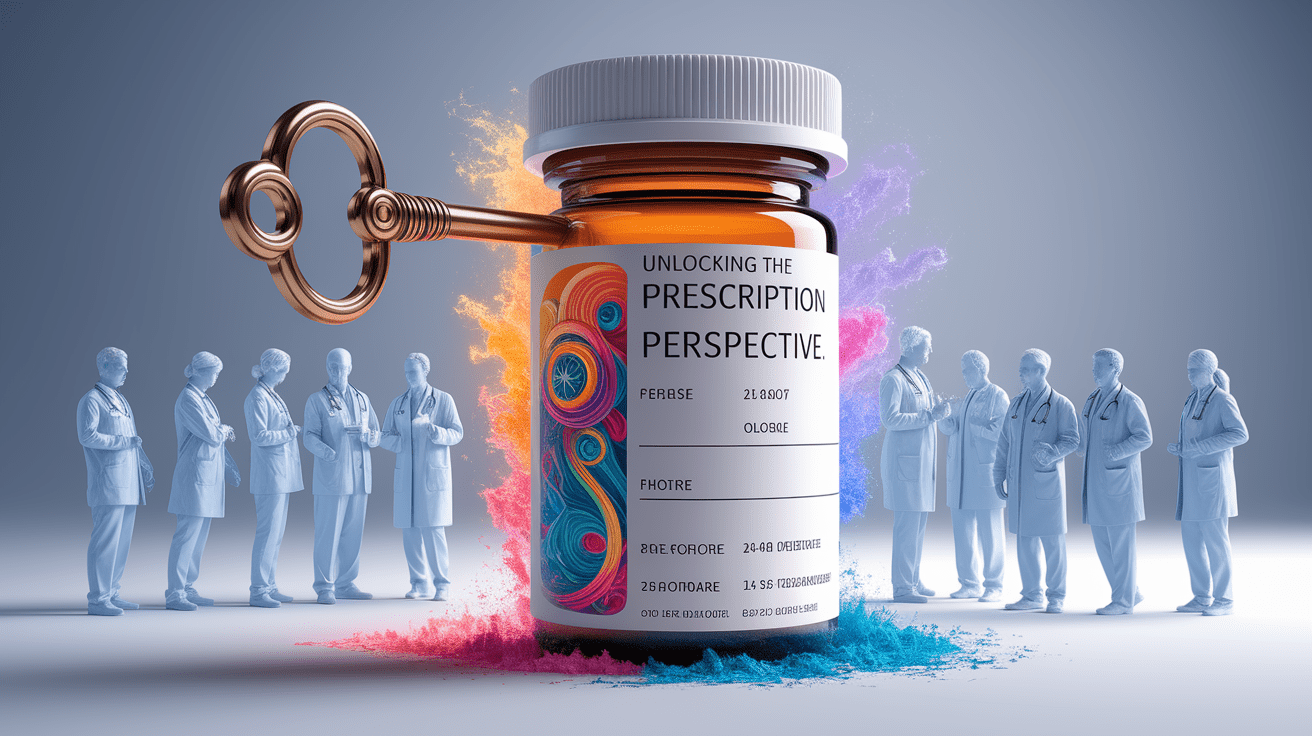Mind Meets Medicine: A Therapist’s Guide to Psychopharmacology
Unlocking the Prescription Perspective
Psychopharmacology, defined as the study of how medications affect mood, cognition, and behavior, plays a vital role in modern mental health care. As outlined in foundational overviews of psychopharmacology, this field encompasses the understanding of psychiatric drugs ranging from antidepressants to antipsychotics. While prescribing is generally reserved for physicians and certain advanced practice clinicians, an increasing number of psychologists in select states are authorized to prescribe after specialized training. For therapists without prescribing rights, grasping the fundamentals of mental health medications fosters more informed clinical conversations and enhances collaborative care with prescribers.

Integrating an understanding of neurotransmitters, pharmacodynamics, and pharmacokinetics into the therapeutic lens allows for a comprehensive, biopsychosocial approach. This perspective bridges the gap between pharmacological and psychological interventions, contributing to more effective treatment planning and patient education.
Why Therapists Need Psychopharmacology Knowledge
Formal psychopharmacology training for therapists equips them with the ability to evaluate how medications may support or hinder therapeutic progress. While therapists cannot typically prescribe, understanding psychiatric medications benefits practice in several ways:

- Improved assessments: Recognizing symptoms that may benefit from medication consultation.
- Enhanced referrals: Providing detailed medication history and symptom tracking to prescribers.
- Therapeutic monitoring: Observing and reporting side effects, withdrawal symptoms, or changes related to dosage adjustments.
- Patient education: Helping clients navigate concerns about medication adherence or contraindications.
This knowledge also strengthens the therapeutic alliance by demonstrating attentiveness to all aspects of a client’s treatment, thereby improving treatment compliance and outcomes.
Core Concepts of Psychotropic Medications
Psychotropic medications are classified based on their primary clinical use, and each category can influence therapy in different ways. Common classes include:

- Antidepressants: Frequently prescribed for depression and anxiety disorders; notable for modulating serotonin and/or norepinephrine pathways.
- Anxiolytics: Used for acute or chronic anxiety, affecting neurotransmitters such as GABA.
- Mood stabilizers: Prescribed for bipolar disorder to reduce mood swings and prevent relapse.
- Antipsychotics: Essential for managing psychotic symptoms; influence dopamine and sometimes serotonin activity.
For therapists, grasping the basics of pharmacokinetics (how the body absorbs and metabolizes medications) and pharmacodynamics (how drugs exert their effects) is crucial. Awareness of common side effects and potential drug interactions informs safety-oriented discussions and risk assessments.
Evidence-based practice demonstrates that medication is often most effective when combined with psychotherapy. For example, large-scale clinical trials such as STAR*D have shown that integrated treatment approaches significantly improve depression outcomes, compared to medication or therapy alone.
Integrating Medication Insights into Therapy
In clinical psychology and counseling, applying psychopharmacology knowledge can shape session content and therapeutic strategies. Therapists can:

- Discuss a client’s subjective experience with prescribed medication, including benefits, side effects, or adherence challenges.
- Support medication adherence by addressing fears, misconceptions, or cultural beliefs about psychiatric drugs.
- Work collaboratively with psychiatrists, nurse practitioners, and primary care doctors to align psychotherapeutic and pharmacological interventions in an integrated treatment plan.
- Use validated symptom scales to monitor treatment progress and communicate findings to prescribers.
By integrating these practices, therapists not only enhance collaborative care but also contribute directly to treatment outcomes through improved coordination and client engagement.
Training Pathways for Therapists
Psychopharmacology training for therapists can range from continuing education workshops to postgraduate certifications. Options include:

- Online courses for non-prescribing clinicians that cover the basics of medication classes, mechanisms, and clinical uses.
- Graduate-level specializations in clinical psychopharmacology for licensed psychologists seeking advanced expertise.
- Supervised clinical practice to develop competencies in medication-related assessment and interprofessional collaboration.
In some U.S. states—Louisiana, New Mexico, Illinois, Idaho, and Iowa—psychologists who complete rigorous training and meet licensing requirements are granted prescribing authority, particularly to improve access in underserved regions. This represents a meaningful development in the evolving scope of mental health care.
Ethical and Legal Considerations
Discussing psychotropic medications in therapy involves navigating ethical boundaries. Key considerations include:
- Scope of practice: Therapists must avoid giving medical advice beyond their licensure.
- Informed consent: Clients should be aware of the therapist’s role in medication-related discussions.
- Confidentiality: Information shared with prescribing providers must be managed appropriately.
- Risk assessment: Recognizing adverse effects or emergent psychiatric symptoms requiring immediate referral.
The current legal landscape underscores that prescribing privileges for psychologists remain limited. However, ethical competence in discussing medications remains essential, as it supports safe, coordinated care.
Prescriptions and Progress in Therapy
Research consistently indicates that combining psychotherapy with appropriate medication management leads to better treatment outcomes for many conditions. Therapists who understand how psychiatric drugs like antidepressants or mood stabilizers function can better contextualize a client’s progress or setbacks within treatment. This knowledge allows for:
- Accurate interpretation of symptom changes in relation to medication adjustments.
- Early identification of side effects affecting therapy engagement.
- Effective advocacy for clients in multidisciplinary team meetings.
By integrating psychopharmacology insights into practice, therapists contribute to a more holistic view of the client’s mental health trajectory. This alignment between psychotherapy and medication management strengthens the overall therapeutic process and facilitates sustained recovery.







